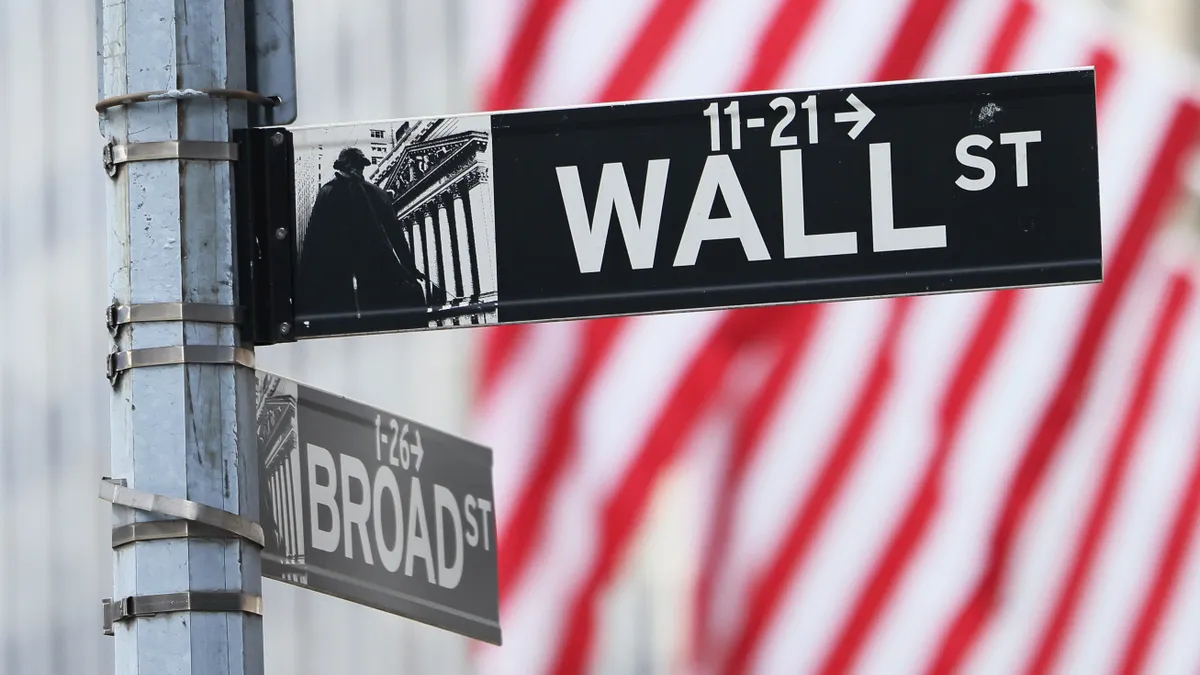The potential impact of the new 1% stock repurchase excise tax remains a thorny question for financial executives and tax preparers working with special purpose acquisition companies (SPACs).
While the Internal Revenue Service (IRS) issued interim guidance just days ahead of the tax going into effect Jan. 1, the 52-page 2023-2 notice was effectively silent on whether SPACs would be subject to the new tax if they redeemed shares instead of going forward with their transaction, tax experts say.
“One of the big questions is when the money that is collected by the SPAC is returned to the purchasers of the shares, is that going to generate this tax?,” Robert Lickwar, a partner with UHY LLP, an accounting and advisory firm, said in an interview before the guidance was issued. “It seems a little unfair to me because it’s not a normal buyback transaction. You’re really just returning money at some point for an unsuccessful offering.”
Lickwar, based in Farmington, Conn., said his firm has done a lot of work with SPACs and is hopeful the final regulations will ultimately make clear that such SPAC transactions would not be subject to the new tax.
Maury Passman, managing director at KPMG Washington National Tax, asserted that there was some encouraging language in the guidance for SPACs even as he agreed that it did not contain any explicit exception.
“A liquidation of a SPAC generally is expected to be a complete liquidation to which section 331 (and not 332) applies. The notice (in section 3.04(4)(b)) generally provides that such a liquidation does not involve a repurchase; this is the rule that we expect SPACs will seek to rely upon,” Passman said in an emailed response to CFO Dive.
The once high-flying SPAC market crashed last year, with at least 32 SPACs holding about $18 billion looking to return capital at year-end, according to a Dec. 14 Bloomberg report.
Plain vanilla transactions
While questions abound for some transactions, the administration of the tax when it comes to plain vanilla or traditional share redemptions should be relatively easy, Lickwar said.
Beginning this year, a publicly traded company will need to pay the 1% excise tax on stock buybacks totaling more than $1 million in a tax year. A company can avoid paying the tax if it pledges, in a single year, to fund at the same value an employee stock ownership or pension plan, CFO Dive previously reported.
In addition, the new tax law allows a company to net newly issued stock during the period against redemptions, and if the number is less than $1 million you don’t owe the tax, if it’s more than $1 million you do, Lickwar said.
But CFOs considering stock buybacks while the final regulations are still in the works should proceed with caution.
“Deals will need to be structured, if possible, within the parameters of the guidance. If a transaction with unclear consequences can be delayed...CFOs and practitioners may want to wait for final guidance,” Lickwar said.
Wall Street’s appetite for share repurchases soared toward a record of about $1 trillion in 2022, before the imposition of the new tax, according to Goldman Sachs.















